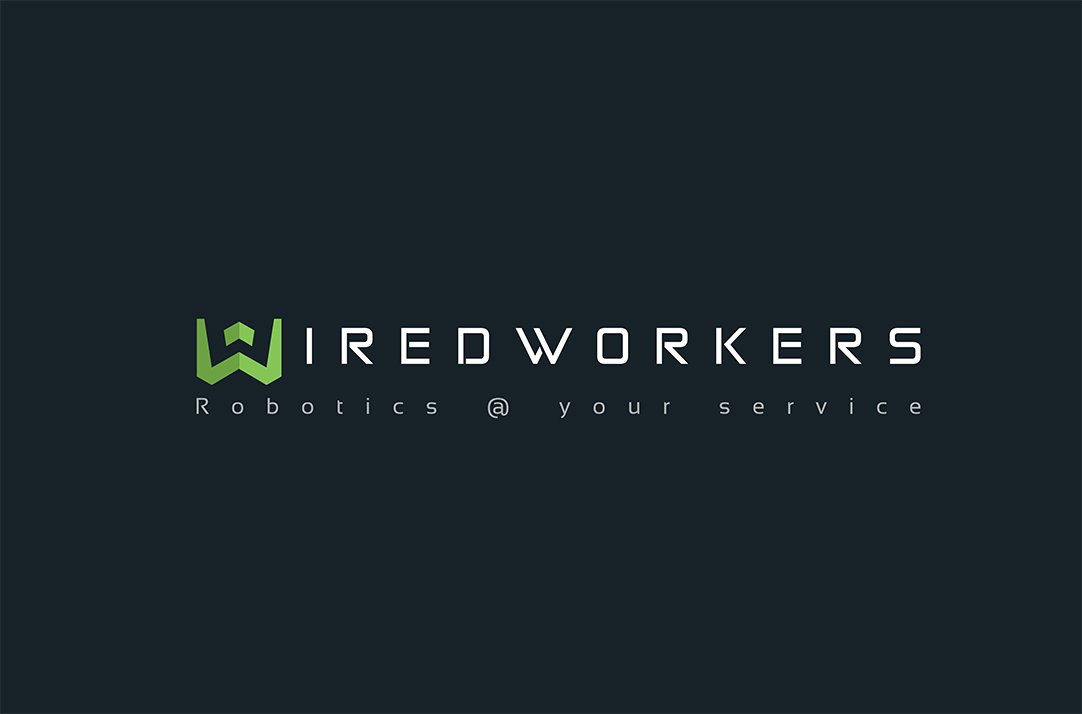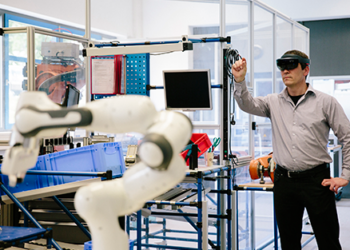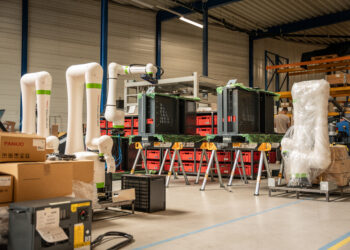Companies are constantly seeking ways to optimize their processes, reduce costs and improve efficiency. The introduction of collaborative robots, or cobots, is an interesting development that can help organizations with this. In this article, we discuss how cobots are not only revolutionizing the way we work, but also bringing significant cost savings and efficiency improvements.
What are cobots?
Cobots are robots designed to work alongside humans in a shared workspace. Unlike traditional industrial robots, which often operate in cages or behind safety gates, cobots are safe enough to operate side by side with human workers. They are equipped with sensors and software that precisely control their movements so that they automatically stop in the event of an unexpected collision.
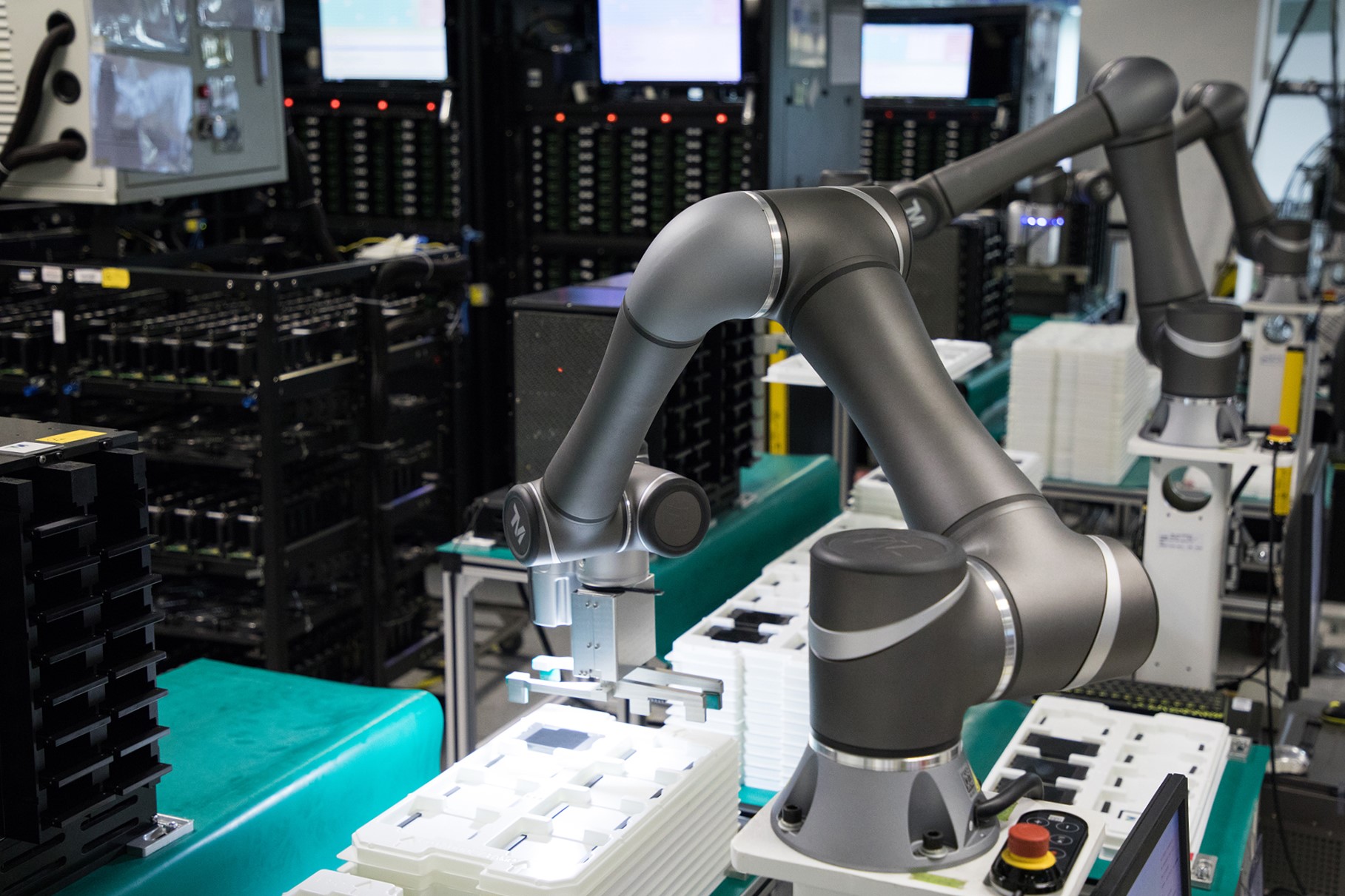
Cost savings from cobots
Lower initial investments:
Cobots are generally cheaper to purchase than traditional industrial robots. In addition, they require less extensive safety features, significantly reducing installation costs.
Less downtime:
Due to their easy programming and flexible deployment, cobots can be quickly adapted to different tasks. This minimizes downtime and increases productivity.
Reduced labor costs:
Cobots can take over repetitive and physically demanding tasks, allowing workers to focus on more complex and valuable activities. This leads to more efficient use of human capital and lower labor costs in the long run.
Reduction in operational costs:
Cobots consume less energy and require less maintenance than traditional robots. This contributes to lower operating costs.
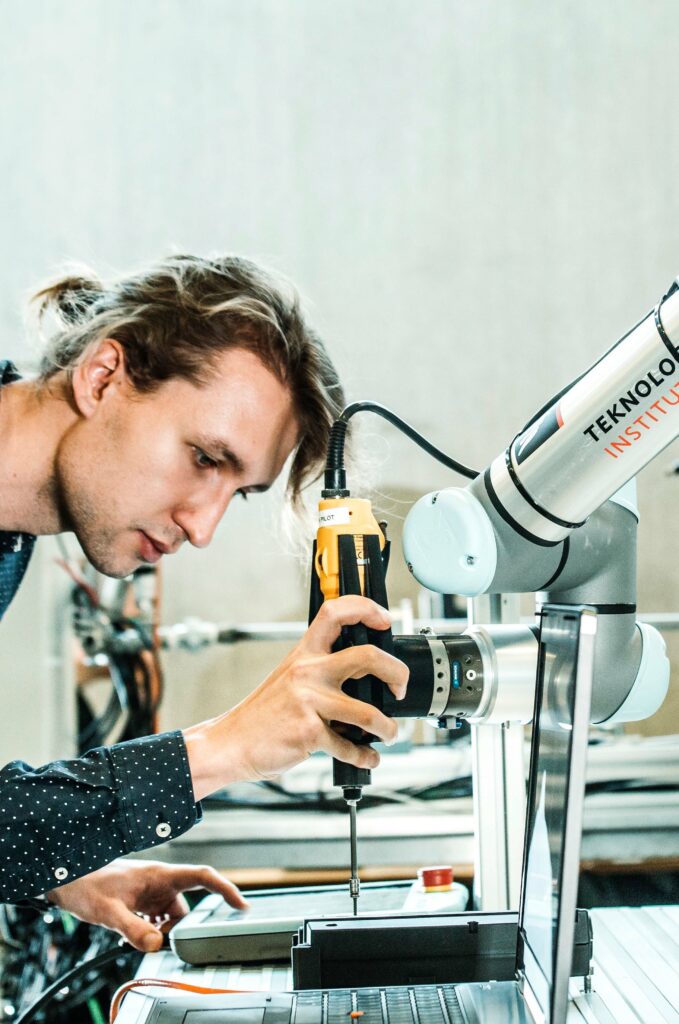
Efficiency improvements through cobots
Increased productivity:
Cobots can work 24/7 without fatigue, leading to a significant increase in productivity. They can perform tasks with high precision and consistency, which improves the quality of output.
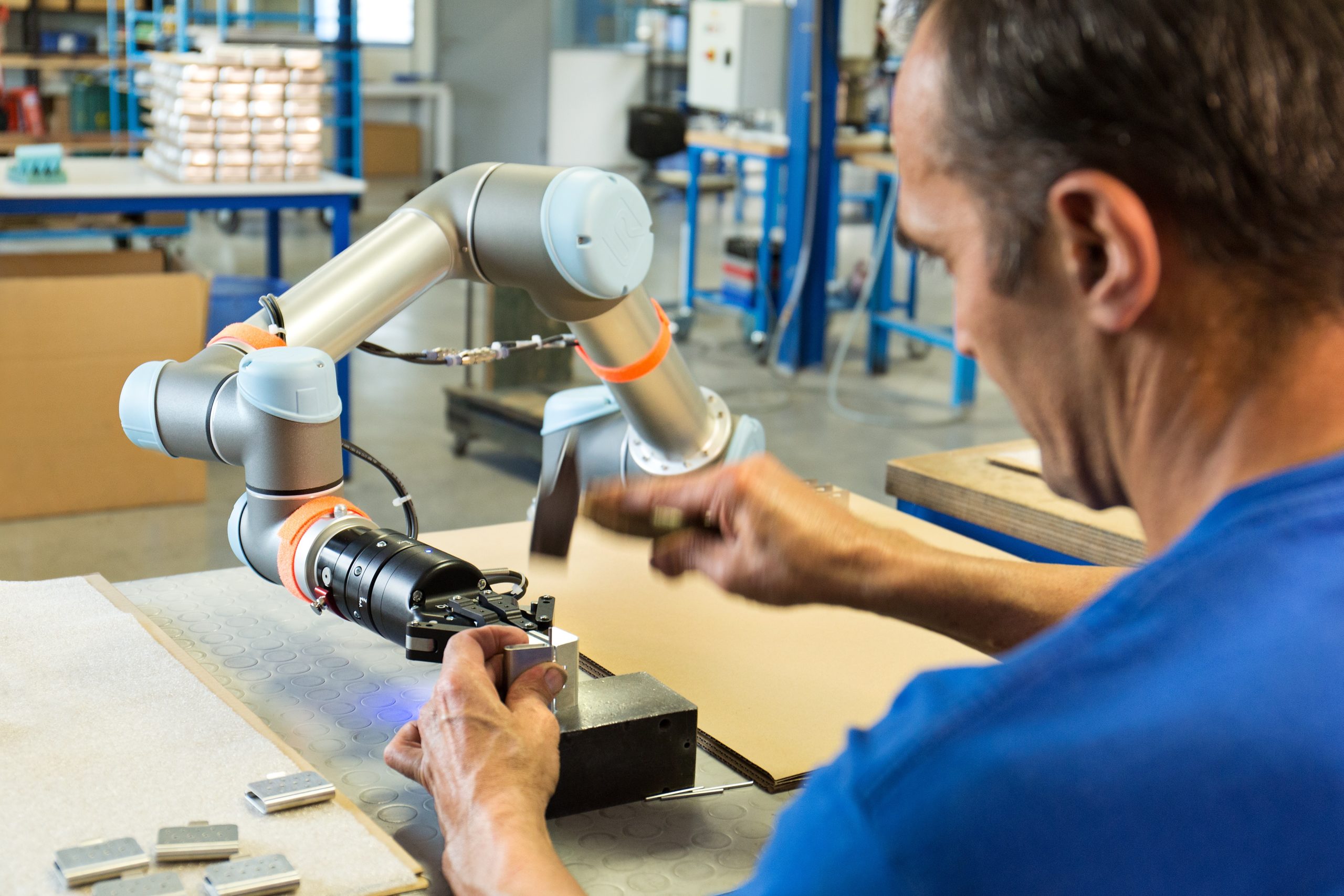
Flexibility in production:
Because of their adaptability, cobots can easily be used for different tasks and processes. This makes it possible to quickly switch between production lines and respond to changing market demands.
Rapid implementation:
Cobots are easy to program and integrate into existing production systems. This means companies can quickly reap their benefits without long implementation times.
Improved employee satisfaction:
By taking over repetitive and dangerous tasks, cobots contribute to a safer and more pleasant work environment. This can lead to higher employee satisfaction and lower employee turnover.
Conclusion
The introduction of collaborative robots into the manufacturing environment offers significant benefits in terms of cost savings and efficiency improvements. Companies that invest in cobots can not only reduce operational costs, but also increase productivity and flexibility. At WiredWorkers, we see the benefits of cobots in action every day and help companies implement this innovative technology for maximum ROI.
Whether you are a small business just starting out with automation, or a large company looking to optimize their existing systems, cobots can be a gamechanger in your manufacturing process. Contact us or schedule a free consultation to find out how we can help you harness the power of collaborative robots for your business.
